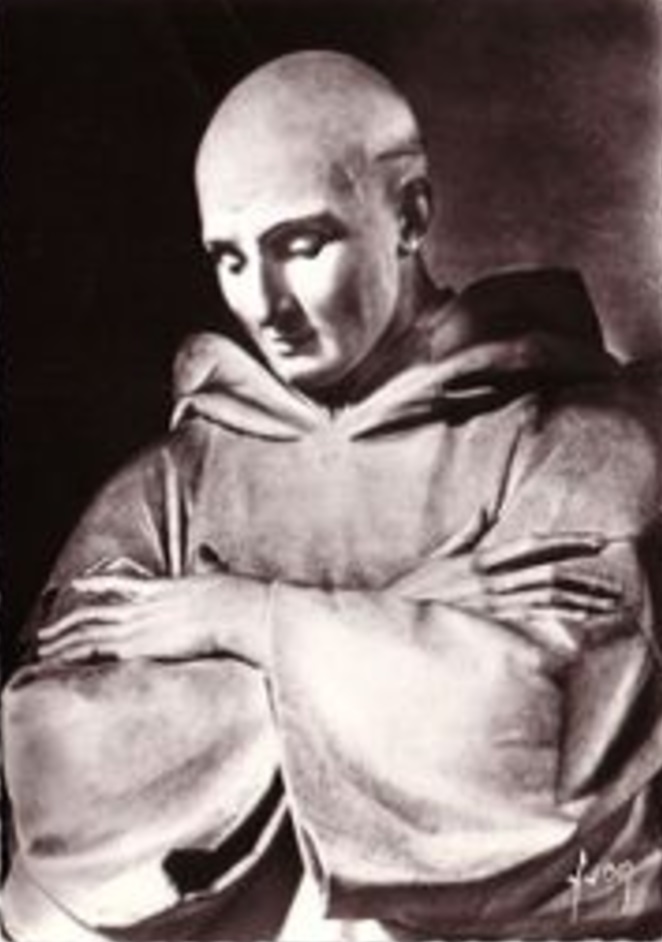Perhaps there can be nothing more impressive than the spectacle of that inner, personal life by which a man is living. All men have it. Beneath the plate-armor of bluff, behind which even the most frivolous-seeming hide from their own eyes and the world’s, what loneliness, what melancholies, what disgusts! And in the futile and degraded, the hopelessly unsuccessful in morals, in human intercourse, in lovableness, what secret efforts and hopes, what tentative affections! And in the hard and brilliant, what secret efforts and hopes, what self-distrusts, what giddiness, as abysses yawn suddenly at their feet! Shall we say that in proportion as we get really close to the world’s nondescripts, the weaklings, we are approaching a vision of encouragement, even awe? And as we near the soul of the successful, the popular, and the four-square monarch of a man, we are preparing for ourselves an all but heartbreak of anxious pity?
But what puts us on our knees is the sight of a strong interior life within, and alien to, a strong-outside activity; when, in a Bruno, successful as professor, and hard fighter in the world of men, affairs and money, is revealed a soul aloof from all these things, wanting all the while, something quite different,–in tone, not with the crabbed dialectic of the classroom, nor with the fretful noises of courts and councils, but with the mountains, the firwoods, and the frozen stars of winter, This, not, as I said, through weakness, but through a width and depth of vision and a force of will, unable, quite, to submit to all these tyrannies. –C.C. Martindale ‘Upon God’s Holy Hill: The Guides of St Anthony of Egypt, St Bruno of Cologne, St John of the Cross’


